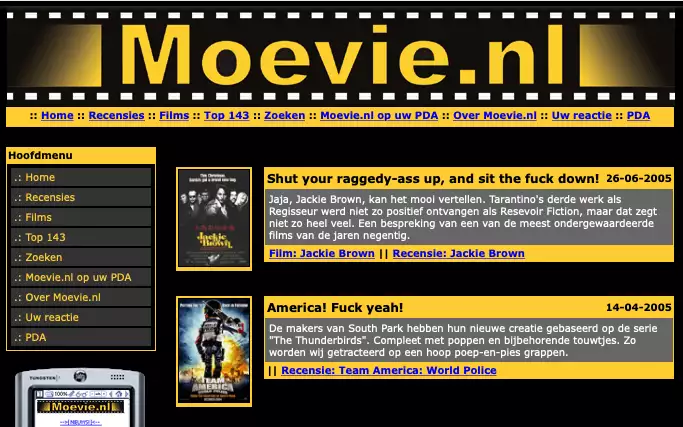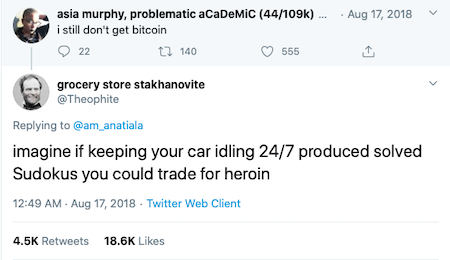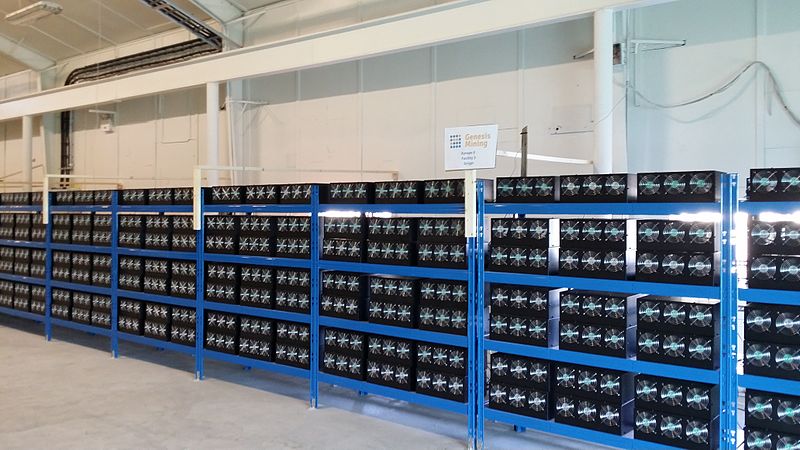Introduction
Between 2003 and 2006, I ran a Dutch movie review site called moevie.nl.1 I built the site and wrote the reviews. It never made any money. It cost me money to host, and it cost me a lot of time writing reviews, but I remember enjoying writing reviews about films I liked.
The gimmick of the site was that the reviews had two parts. The first part is spoiler-free, just giving a recommendation with some context to make up your own mind. The second part contained a reflection of the movie, which included spoilers.
Even back then, the site didn't win any design awards (from archive.org - click to enlarge)2
I started building the site a few months after finishing college (IT) in 2002 as I felt inept and had little confidence. Building something tangible felt like a good way to build up and demonstrate skills. And I had something to say about movies.
Although moevie.nl did not help me gain employment as far as I know, it was fun while it lasted. At some point, I didn't get much joy out of writing movie reviews and I let the site die.
I did keep backups of the database the code and the pictures though. And now after 18+ years I decided to resurrect the site, including all (old) reviews.
Why resurrect a dead website gone for 16+ years?
Rebuilding the site was just a way to spend time, a small hobby project. Something to be bussy with. The second reason is some kind of misplaced nostalgia. I sometimes regret shutting down the site, wondering what could have been if I persevered.
Losing and regaining the domain
Back in 2006, my hosting provider (non-profit with just a few servers) abruptly stopped operating due to hardware failure 3 and I was forced to move my domain to another company. At that time, private citizens in The Netherlands could not register an .nl domain, only businesses could, so that was a bit of a hassle.
Not long thereafter however, I decided to let the domain expire. It was quickly scooped up by 'domain resellers'. Years later I decided that I wanted moevie.nl back, but the sellers always asked insane amounts of money.
In 2019, I visited moevie.nl on a whim. To my surprise it didn't resolve anymore, the domain was available! I quickly scooped it up, but I didn't do much with it for a long time, until now.
Rebuilding the site
I really wanted to preserve the aesthetic of moevie.nl as it was back then. Especially in the context of modern web design, it does stand out. As a sore thumb - but still - I had a goal.
Having the code and database dump is one thing, but it doesn't tell you what it actually looked like in 2003-2006. I could have tried to get the old (PHP4) code working, but I just didn't feel like it.
Instead, I chose to visit Archive.org and indeed, it captured old snapshots of my site back in 2006. So those were of great help. The screenshots at the top of this blog post are lifted from this page on archive.org. This snapshot was taken just before I decided to close the site.
The challenge of mobile device screens
To set the stage a bit: the rise and fall of moevie.nl happened a year before the iPhone was first announced. Smartphones from Blackberry were popular. I had a Palm VX PDA and later a HP Compaq PDA.
Most people didn't have mobile data connections so as far as I know, the mobile web really wasn't a thing yet.
So moevie.nl was primarily developed for the desktop. When I thought I was finished rebuilding the site, I quickly discovered that the site was unusable on my iPhone and way too small and finicky to use on my iPad.
For somebody who has no experience with modern web development, it was quite a steep learning-curve discovering how to deal with the various screen sizes in CSS4.
A very large part of the entire effort of rebuilding the site was spend on making the site workable on all different device sizes. Fortunately, iOS device simulators were of great help on that front.
Technology
I've recreated moevie.nl with Python and Django. For the database, I chose Postgresql, although that is total overkill, I could have used SQLite without any issues.
I chose Django because I'm quite familiar with Python so that was a straight-forward choice. I selected Postgresql mostly just to regain some knowledge about it.
Hosting
I'm self-hosting moevie.nl on the same Raspbery Pi4 that is hosting this blog. This Raspberry Pi is powered by the sun.
So moevie.nl is solar-powered during the day and battery-powered during the night.
Closing words
I'm not sure if I really want to start writing movie reviews again, knowing full well how much effort it takes. Also I'm not sure I have anything to say about movies anymore, but we'll see.
The overall experience of rebuilding the site was frustrating at times due to the severe lack of experience and knowledge. Now that the site is done and working, even on mobile devices, that feels good.
-
The name is based on the phonetic pronunciation in Dutch of the English word 'movie'. ↩
-
sorry for the language but I could not find a better screenshot. ↩
-
I was neglecting the site at that time due to losing motivation. ↩
-
I admit I only tested with iOS devices so Android-based smartphones could experience issues. ↩




